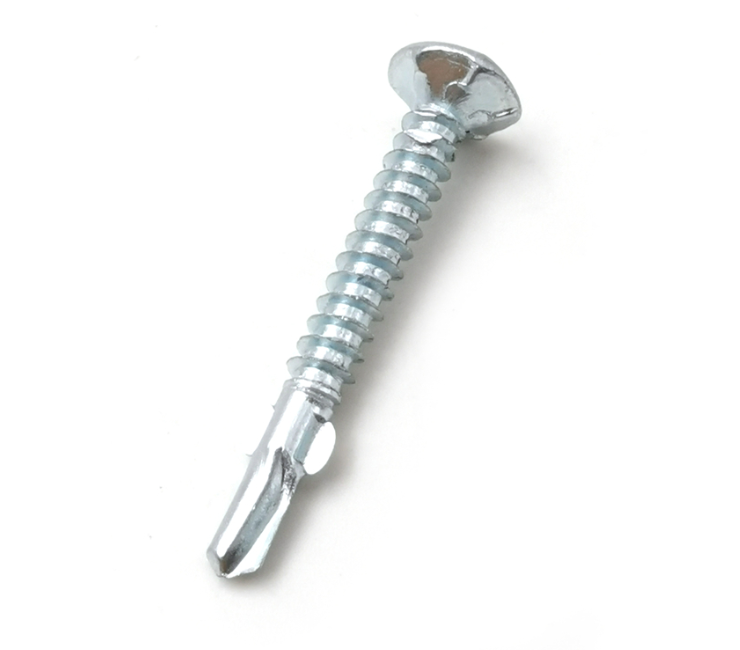Wholesale Sizes and Specifications for Spring Washers in Bulk Purchasing
Understanding Wholesale Spring Washer Sizes and Their Importance
In the realm of mechanical engineering and components manufacturing, the significance of hardware elements can never be understated. One such critical component is the spring washer. Often overlooked, spring washers are essential for ensuring proper tension, preventing loosening, and compensating for the unevenness of surfaces. When it comes to wholesale purchases, size considerations become crucial. Here’s a closer look at spring washer sizes, their characteristics, and why they matter.
What is a Spring Washer?
A spring washer is a type of washer used primarily to apply a pre-load on a bolt or a nut and to maintain tension in fastened joints. They are characterized by their curved shape and are designed to exert a force against an opposing surface. This feature allows them to absorb shocks, accommodate thermal expansion, and prevent loosening due to vibration.
Importance of Size in Spring Washers
When discussing wholesale spring washers, size is of utmost importance. The dimensions of a spring washer primarily dictate its performance. Key measurements include
1. Inner Diameter (ID) This is the hole size that fits over the bolt or screw. A correct ID ensures a snug fit, enabling the washer to perform its role effectively without slipping or deforming.
2. Outer Diameter (OD) The overall width of the washer is critical as it influences the pressure distribution across the surface. A larger OD means better load distribution, which is vital in heavy machinery applications.
3. Thickness The thickness of the spring washer determines its spring rate or stiffness. A thicker washer generally provides more resistance, which is essential when dealing with high-load applications.
Understanding these dimensions is fundamental when selecting the right washer for a specific application, as an improper size can lead to mechanical failures.
Common Sizes of Spring Washers
Spring washers come in various sizes to accommodate diverse applications. These sizes are often standardized, making it easier for engineers and manufacturers to select the proper part without custom orders. Common wholesale sizes include
wholesale spring washer size

- M5 to M10 These are popular choices for smaller machinery and household items. - M12 to M20 These sizes are often found in automotive and industrial applications. - Larger sizes (e.g., M24 and above) Used in heavy machinery, construction equipment, and other high-load applications.
When sourcing spring washers in bulk, it’s essential to specify the required sizes based on the application needs.
Choosing the Right Supplier
When purchasing wholesale spring washers, selecting the right supplier can make a significant difference. It’s crucial to consider
- Quality Assurance Ensure that the supplier adheres to relevant standards such as ISO or ASTM to guarantee product quality.
- Customization While standard sizes meet many needs, certain projects may require custom solutions. A good supplier will offer flexibility in sizes and types.
- Volume Discounts For bulk orders, suppliers that offer competitive pricing or discounts can significantly reduce project costs.
- Lead Times Understanding the supplier’s ability to fulfill orders in a timely manner is critical for maintaining production schedules.
Conclusion
Spring washers may be small but play a monumental role in the integrity and longevity of mechanical assemblies. For engineers, purchasing in wholesale amounts allows for cost savings and easier inventory management. However, attention to detail regarding size is vital. Proper understanding and selection of the correct dimensions will ensure reliable assembly and functionality of the equipment.
In the fast-paced world of manufacturing and assembly, ignoring the nuances of spring washer sizes can lead to significant issues. By prioritizing quality and precision in selecting the right size and type of spring washer, manufacturers can enhance the overall performance and reliability of their products. As the industry continues to innovate and evolve, the importance of these seemingly simple components cannot be overstated.
-
Top Choices for Plasterboard FixingNewsDec.26,2024
-
The Versatility of Specialty WashersNewsDec.26,2024
-
Secure Your ProjectsNewsDec.26,2024
-
Essential Screws for Chipboard Flooring ProjectsNewsDec.26,2024
-
Choosing the Right Drywall ScrewsNewsDec.26,2024
-
Black Phosphate Screws for Superior PerformanceNewsDec.26,2024
-
The Versatile Choice of Nylon Flat Washers for Your NeedsNewsDec.18,2024










